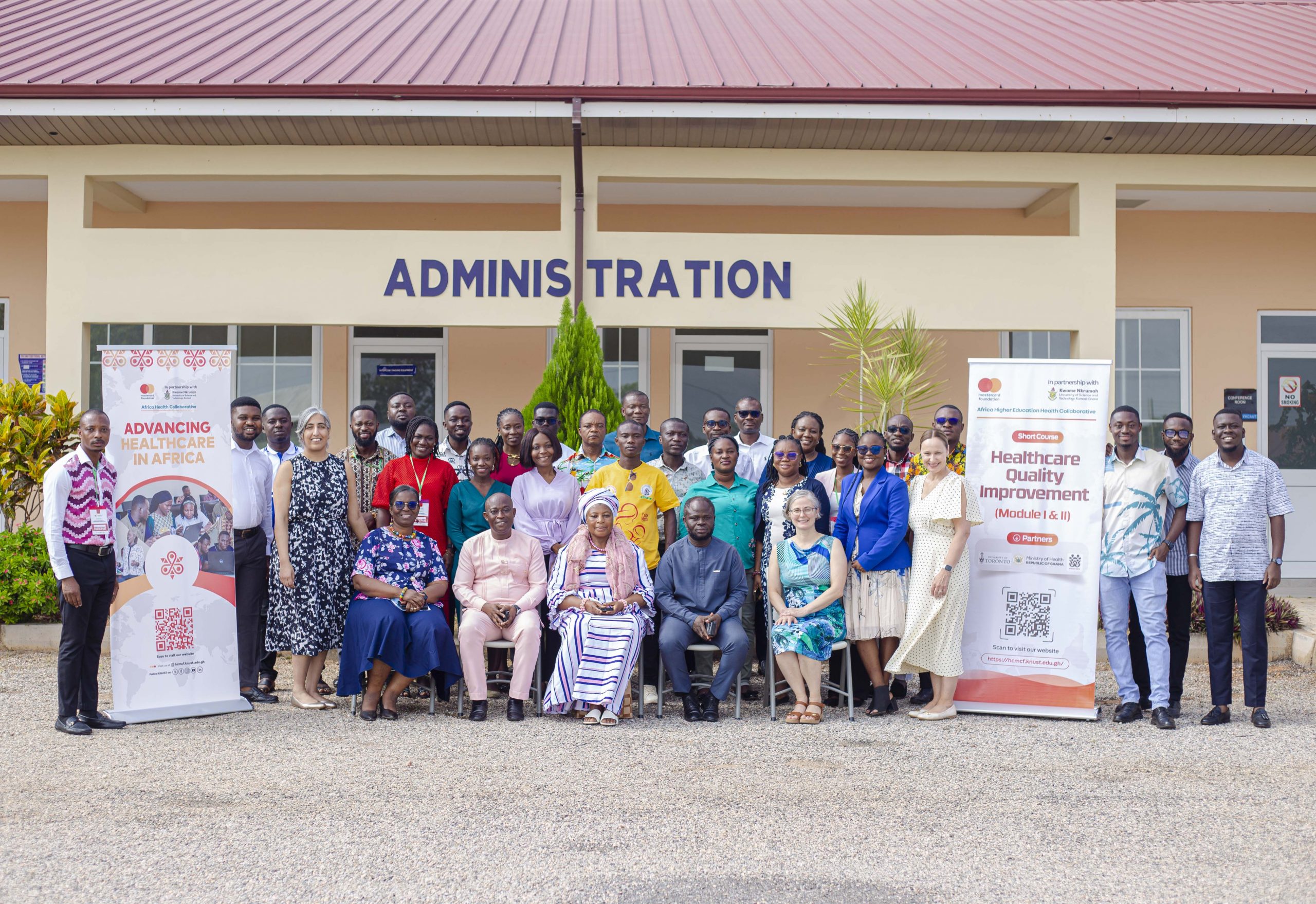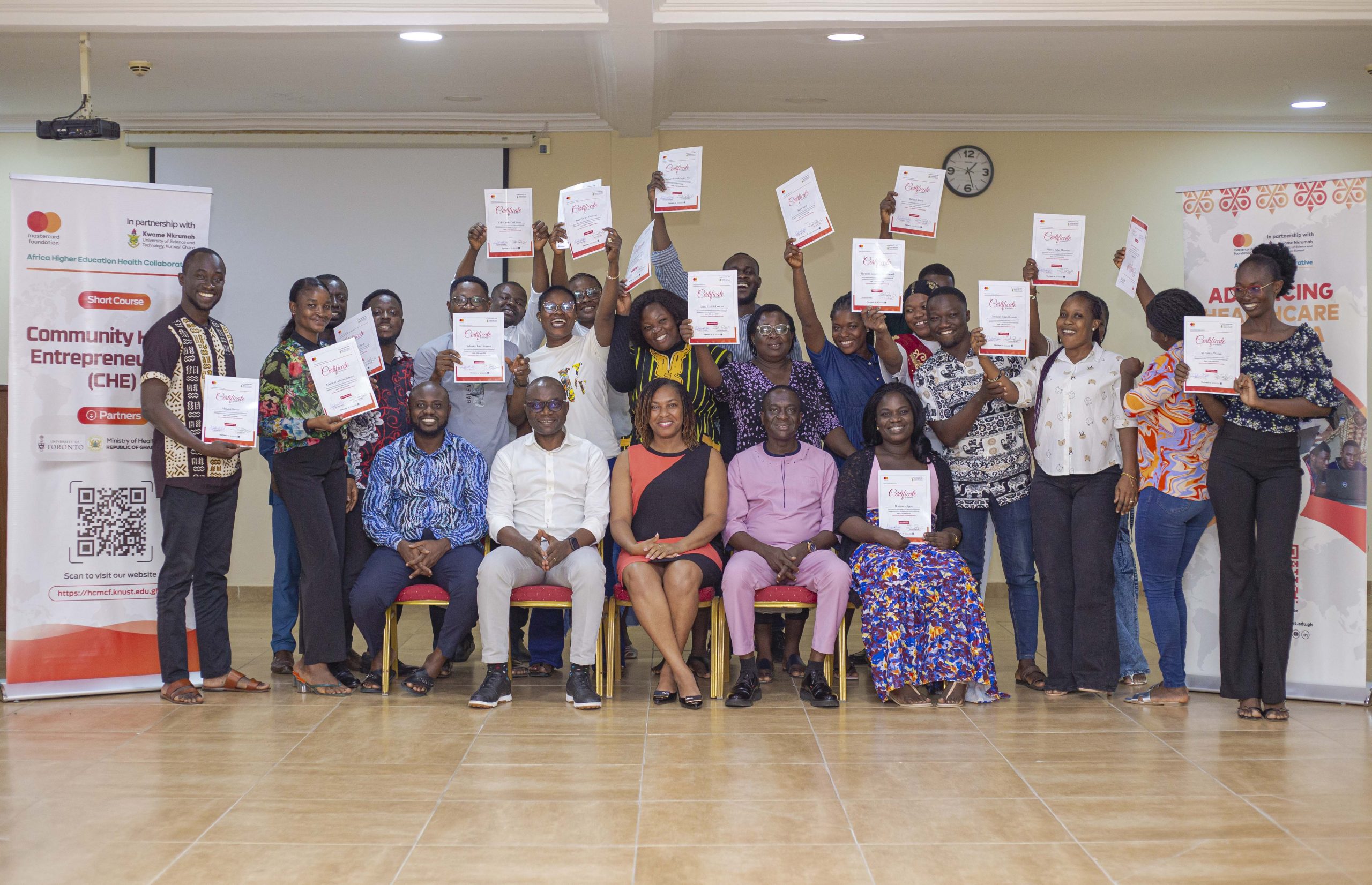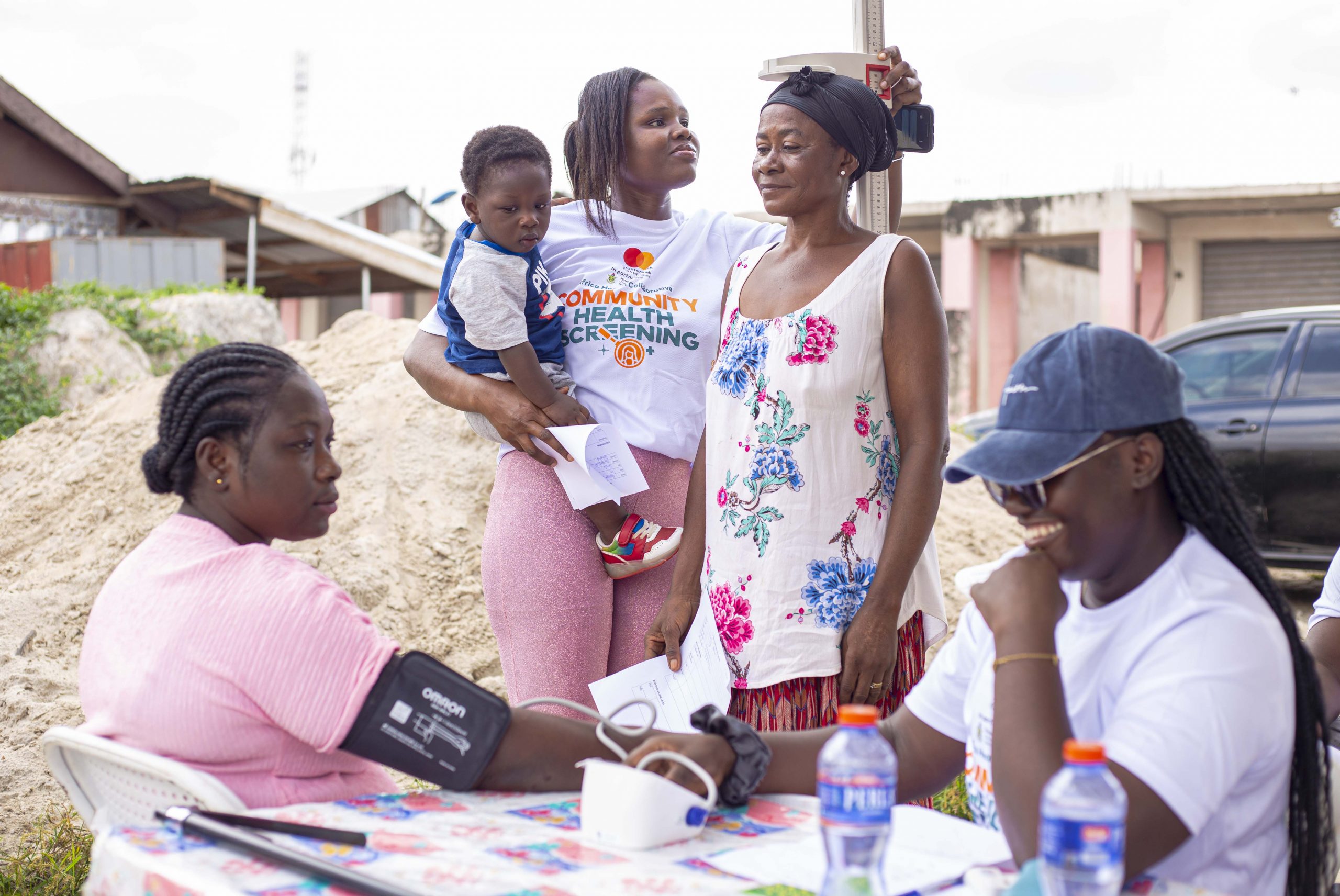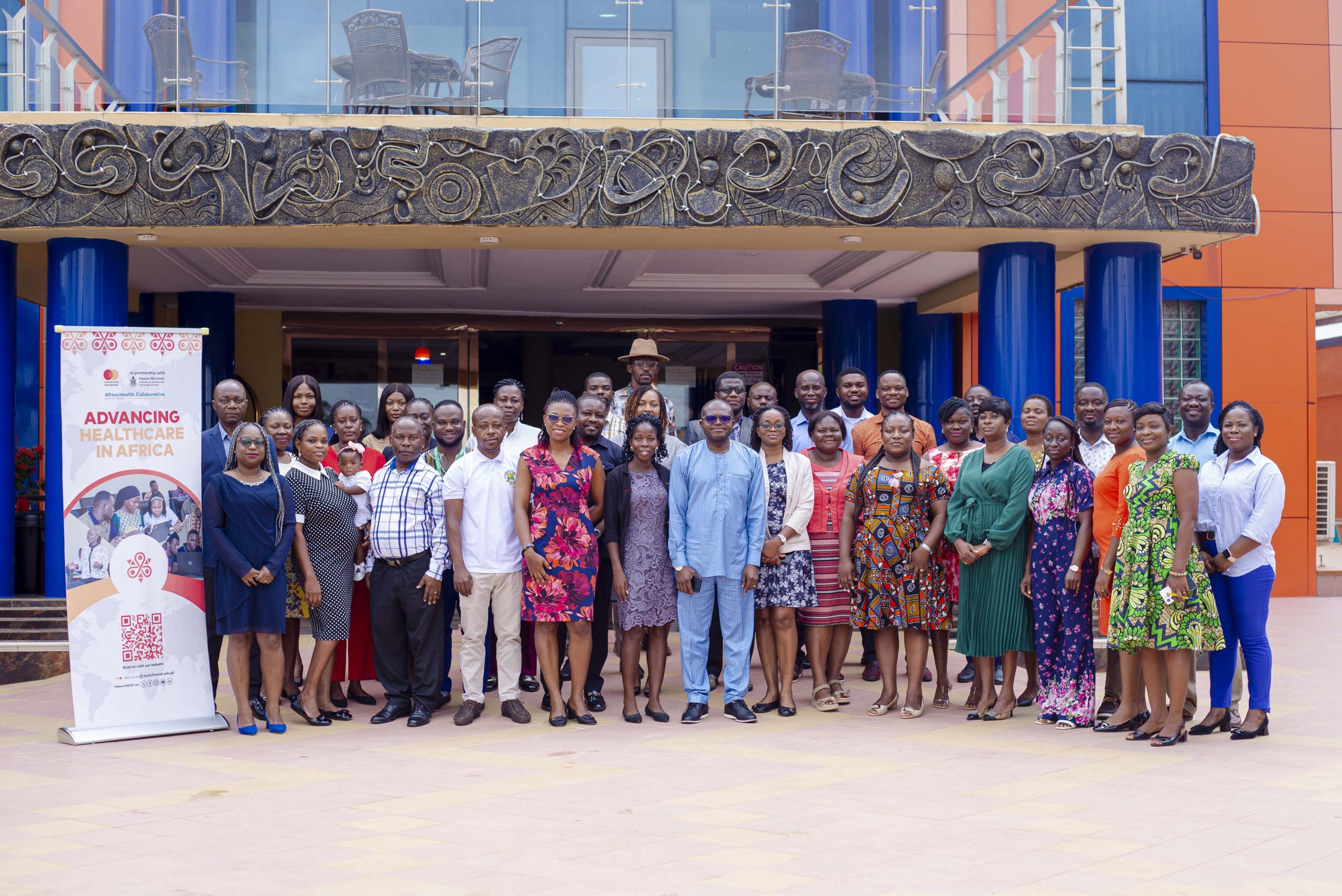The second cohort of the quality healthcare improvement short course has completed module I of the workshop. #TheCourseExperience caught up with two biostatisticians on the course to stoke up their plan towards positively impacting their communities with the knowledge acquired from the course.
In 2023, when the Ghana Health Service undertook a holistic assessment in the Bono East District of Ghana, St Theresa’s Hospital in Nkoranza was adjudged the most improved facility, as it aced indicators such as maternal and infant child health.
This was made possible as a result of an exposure to quality healthcare tools to staff of the facility some few years ago.
“For the past years, we’ve used quality improvement to improve one or two things in our facility,†Sampson Sakyi, a biostatistician at the facility revealed. “This is because of the quality tools we were exposed to.â€
Sampson, yearning for more, didn’t hesitate to apply for the Africa Higher Education Health Collaborative’s short course in Quality Healthcare Improvement, when it was announced.
Interestingly, the facility’s health manager, quality improvement focal person and a midwife all followed him.
Augmenting quality
At the heart of the Quality Improvement short course is patient-centeredness.
Sampson has therefore internalized this, boosting his confidence of offering the best services to his clients.
“Our patients are going to be the center of every other thing we’re going to do because they are our co-producers. Patient-centered approach has been taught to us and we’ve picked it up.
“Quality is a journey and therefore if you want it, you need to invest your time in it. This, we’re going to disseminate to our workers.
“If we’re able to employ all the tools we’re taught, we know definitely, quality is going to be our hallmark. This will translate into income,†he noted.

Bismark Adade, a biostatistician at Yolo Krobo Hospital in the Eastern Region of Ghana like Sampson has also had some experience in quality improvement.
Irrespective of the fact that he’s part of the quality improvement team at the Hospital, he wasn’t privy to other pertinent modules in the area.
“This training is one of its kind. We were introduced to certain modules I’ve not had previously. This particular training introduced me to a new one,†he said.
Achieving the goals
Though Ghana has made some progress in achieving the Sustainable Development Goals (SDGS), health systems and outcomes have seen little improvement. Bismark, however, believes with the acquisition of quality improvement tools, these goals will be less difficult to realize.
“We should pay attention to the indicators and improve them. If we can use quality improvement tools and approach, we can actually achieve these goals,†he said.
Bismark added: “I’m hoping that my fellow trainees would go and sit as usual but then we should care about the patient, have passion for them to cause a change.â€
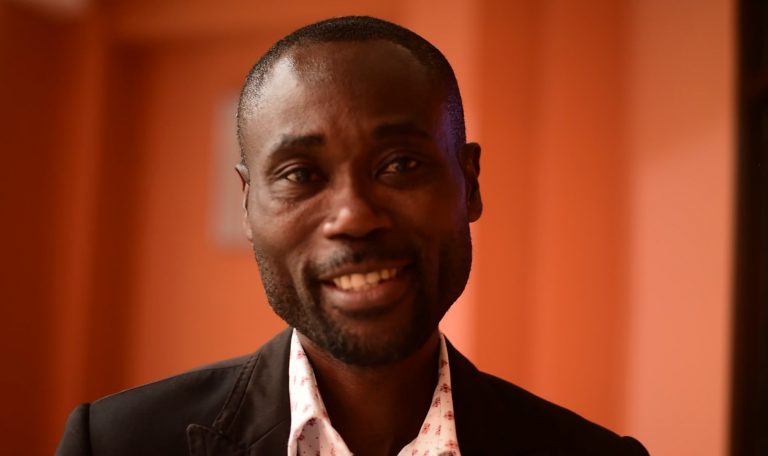
About quality healthcare improvement course
The quality healthcare improvement short course which is in partnership with the Kwame Nkrumah University of Science and Technology and the University of Toronto, seeks to equip health personnel with the requisite strength and capacity to meet the growing demand for primary healthcare in the health centre.
The course is spearheaded by the health employment pillar of the Collaborative led by Dr. Kofi Akohene Mensah.


